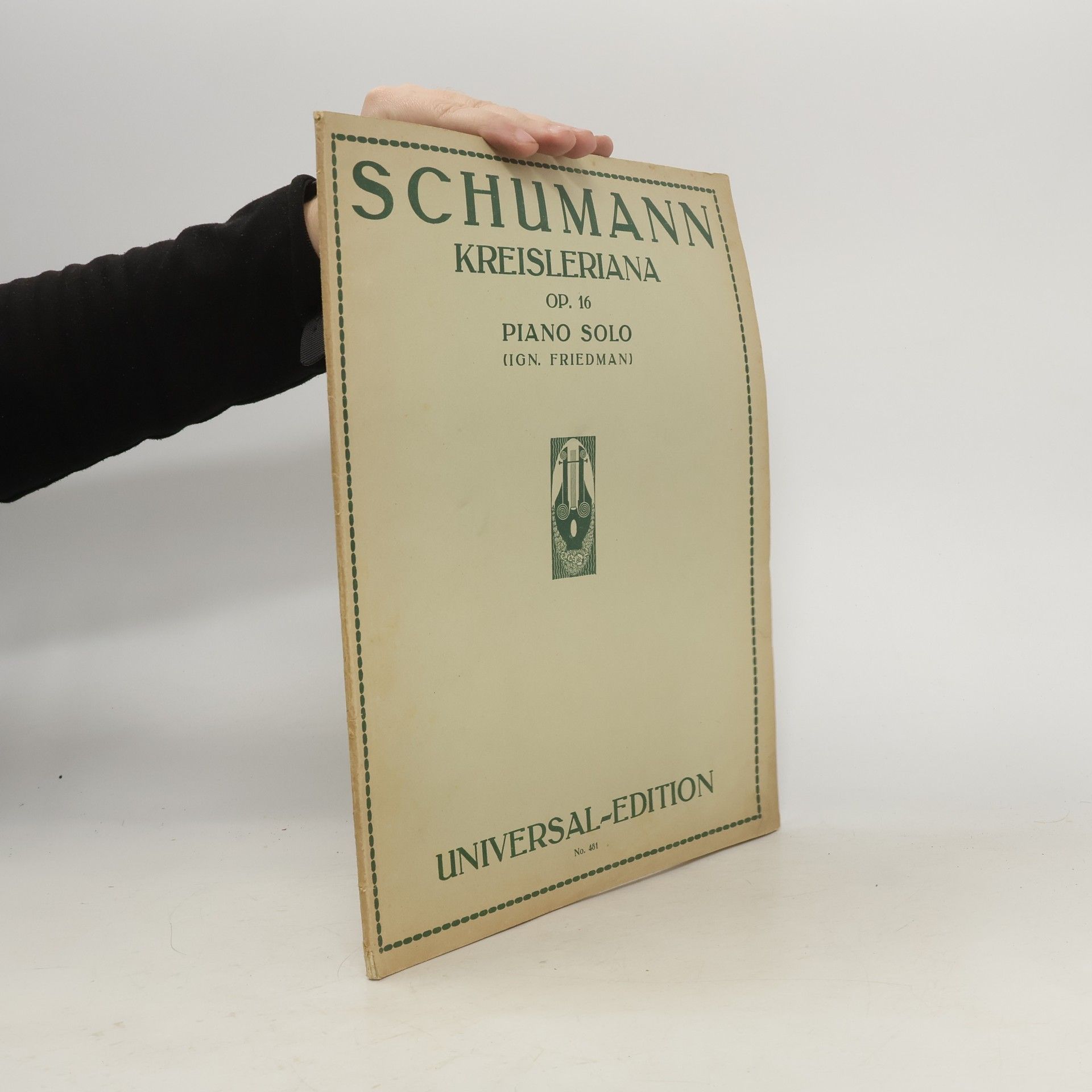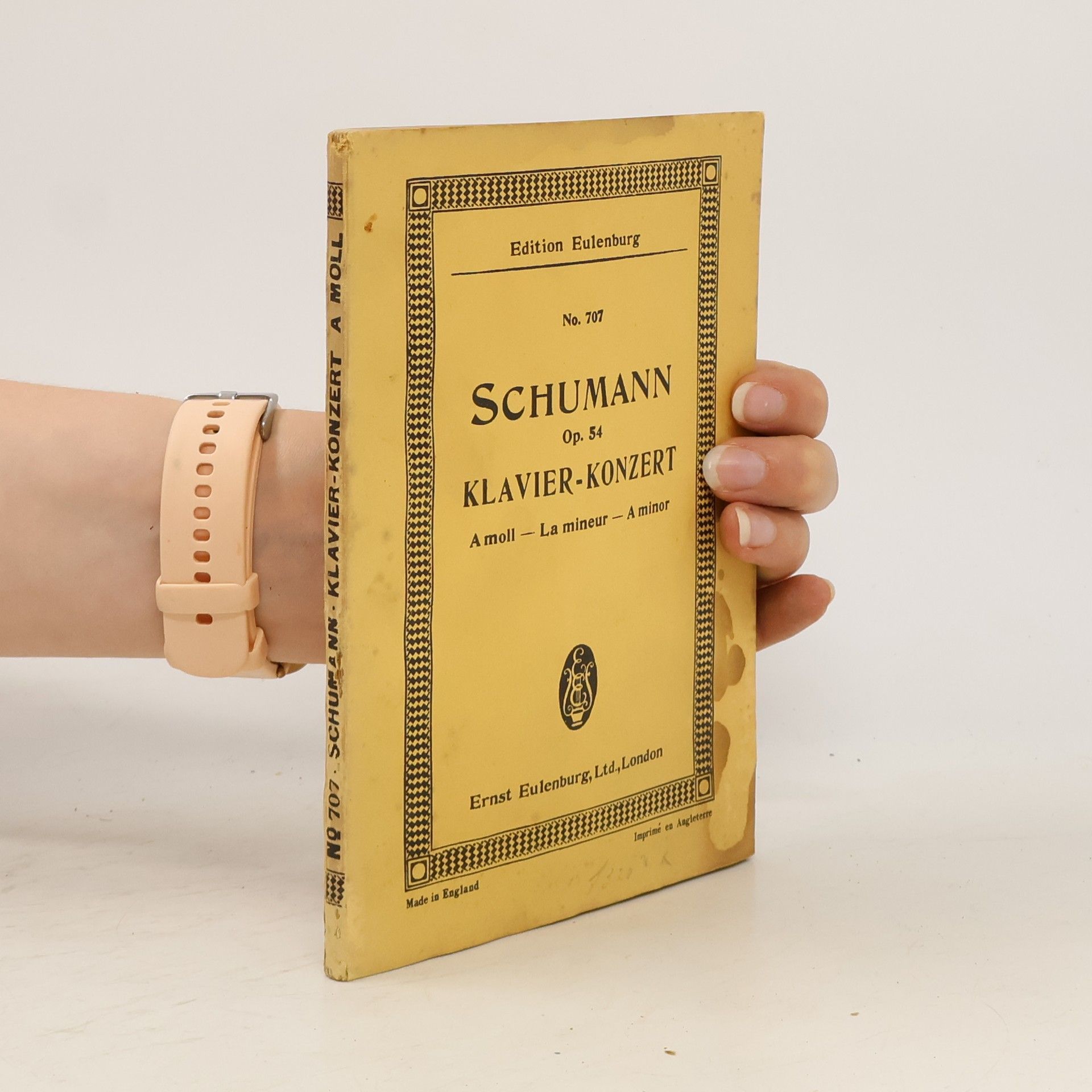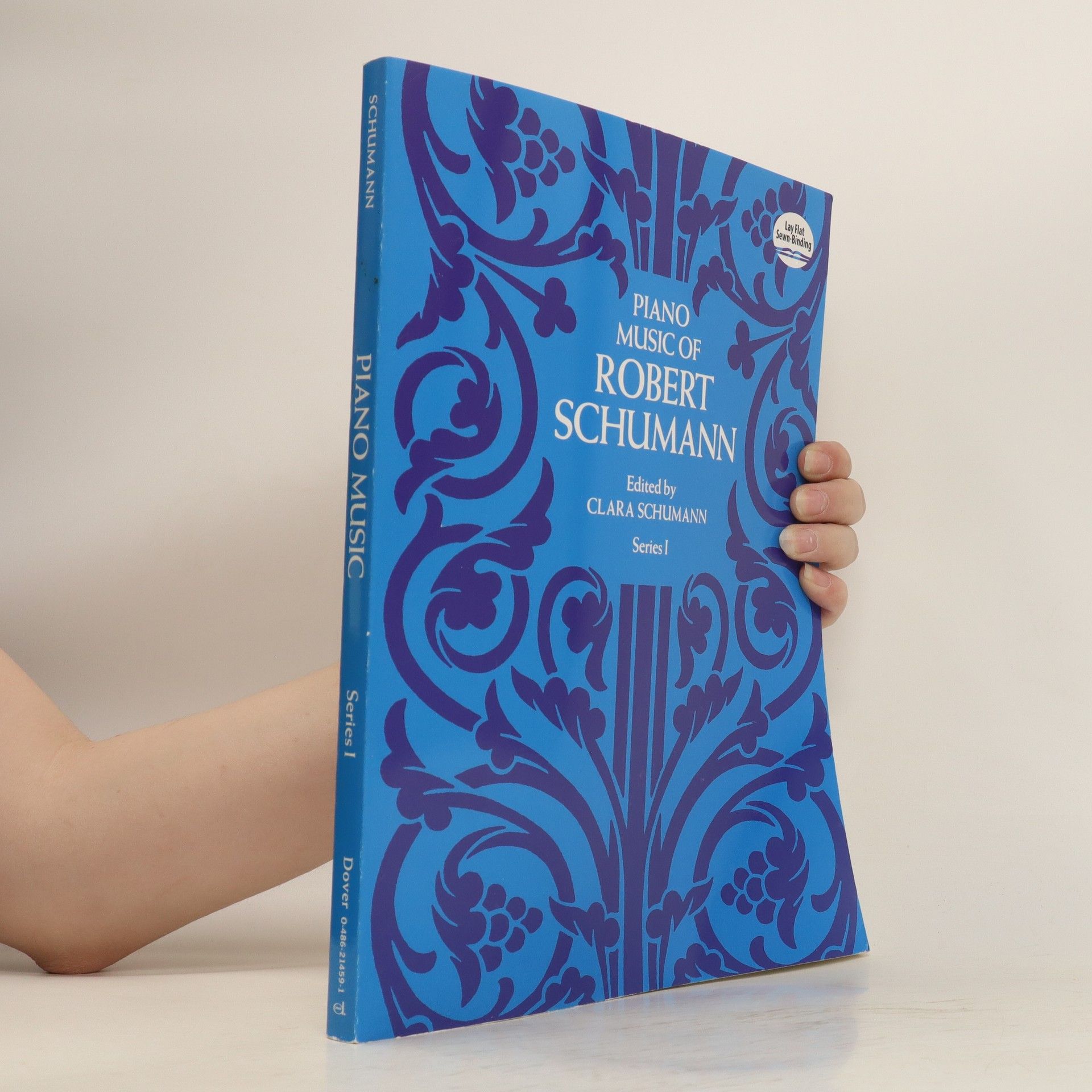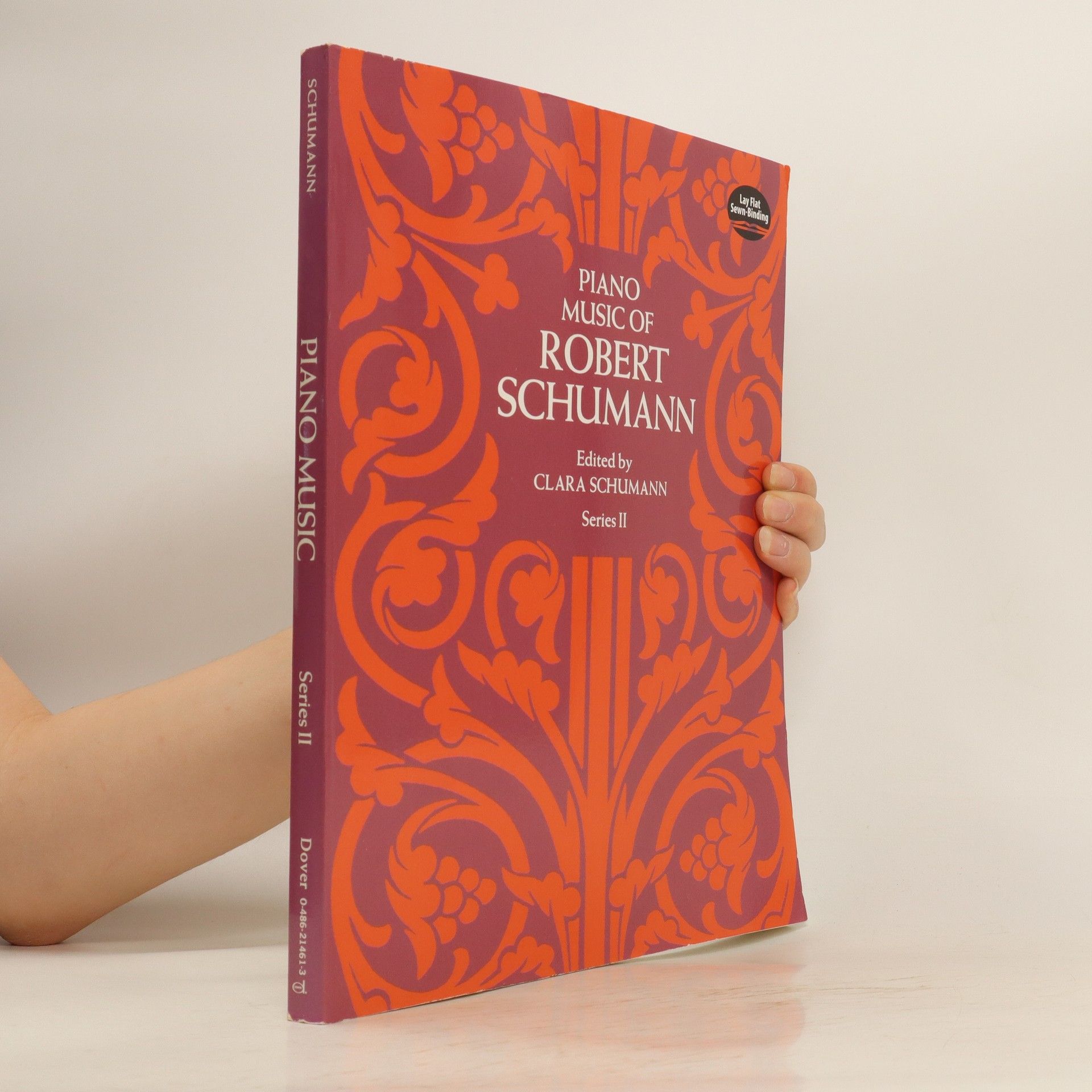Piano Music of Robert Schumann
- 224bladzijden
- 8 uur lezen
All solo music not in other volumes, including Symphonic Etudes, Phantasie, 13 other choice works. Definitive Breitkopf & Härtel edition.







All solo music not in other volumes, including Symphonic Etudes, Phantasie, 13 other choice works. Definitive Breitkopf & Härtel edition.
Dover Publications continues its series of playing editions of musical masterpieces with this selection of Robert Schumann's later compositions for solo piano, edited by Clara Schumann. This second volume contains the major compositions from the period 1838 53: "Humoreske," "Novelletten," "Sonate No. 2," Nachtstucke," "Faschingsschwank aus Wien," "42 Clavierstucke fur die Jugend," "4 Fugen," "Waldscenen," "Bunte Blatter," and "3 Clavier-Sonaten fur die Jugend." This book has been especially designed as a playing edition the noteheads are large and easily readable at the piano, and the margins and spaces between staves are adequate for written notes, fingerings, and turnovers. It is also most useful for analysis or as accompaniment to recordings. "
Major compositions from period 1830-39; Papillons, Toccata, Grosse Sonate No. 1, Phantasiestücke, Arabeske, Blümenstuck, and 9 other works. Reprinted from Breitkopf and Härtel edition.
First performed under the baton of the composer himself in February of 1851, Robert Schumann's (1810-1856) Symphony No. 3, often referred to as Rhenish," was the last symphony he composed. The piece draws its inspiration from the trip the Schumanns took to the Rhineland in September of 1850. Robert Schumann was so enamored with the Cologne Cathedral there that he revisited it in November of that year and commemorated the "solemn splendor" of the place in the fourth movement. During the premier performance, members of the audience applauded between each movement. It has maintained a broad appeal ever since. Instrumentation: 2.2.2.2: 4.2.3.0: Timp: Str (9-8-7-6-5 in set)."
Nearly every young pianist has played this Schumann classic, now available in an equally playable arrangement for band by Andrew Balent. An opening piccolo solo is cued for flutes and can be played by a soloist or the entire section. This is great music f